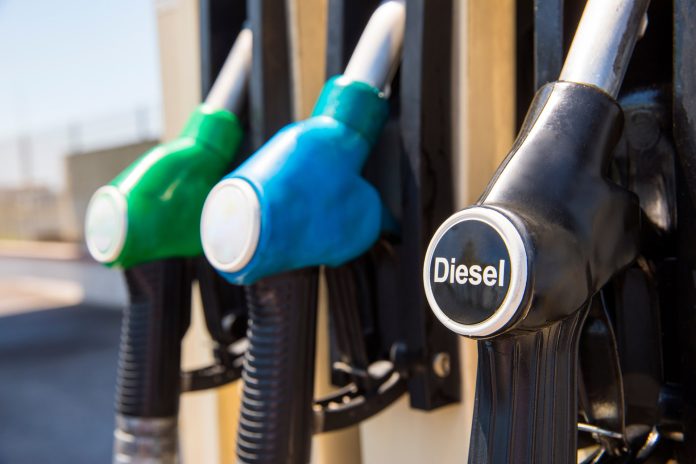Partisan legislation to repeal the U.S. Environmental Protection Agency’s Clean Trucks Plan that mandates the strictest emissions standards yet on commercial medium- and heavy-duty engines heads to President Joe Biden’s desk, where he is expected to veto it. But the debate could continue onto the presidential campaign trail next year.
The House passed Senate Joint Resolution 11 on Wednesday night by a party-line vote of 221-203 to implement the Congressional Review Act, or CRA. The procedure included in the Small Business Regulatory Enforcement Fairness Act of 1996 allows Congress to vote on a joint resolution of disapproval. The Senate passed the resolution last month.
The legislation requires the president’s signature to overturn the EPA rule that went into effect in March, which requires engine manufacturers to add more emissions controls to diesel engines. The rule is considered the final nail in the coffin of the technology that powers an estimated 85 percent of school buses nationwide.
The CRA process has resulted in the overturning of 20 final rules, the three most recent in the 2021-2022 congressional session. But Biden champions this EPA regulation, and the thin margin between objection and approval of the rule in Congress will be difficult to overcome.
“President Biden’s veto requires two-thirds support to override the president’s veto,” Bus and Motorcoach News reported Ken Presley, vice president of legislative and regulatory affairs for the United Motorcoach Association, telling members in an email on Thursday. “Not a chance. This may very well turn into a 2024 campaign issue, particularly with small businesses.”
While a Congressional Budget Office review this week found the EPA rule would not result in additional federal spending over the next decade, the stricter standard of 0.02 grams per brake/horsepower-hour of NOx (nitrogen oxide) is expected to add tens of thousands of dollars to the cost of diesel trucks and buses because of the added pollution controls needed and pass-along costs from manufacturers tied to extended warranty periods. The school bus industry has seen regulations enacted by the EPA since 2010 that have resulted in increased new vehicle purchase costs as well as maintenance costs of the vehicles’ lifecycles.
Meanwhile, school bus diesel engine market leader Cummins said during the Advanced Clean Transportation Expo earlier this month that new production of diesel engines is expected to cease by 2040, as manufacturers fully implement production on zero-emissions technology.
Related: All Eyes on Diesel’s Future: EPA Publishes Final Truck Engine Rule
Related: EPA Advances Reduced Greenhouse Gas Emissions Goals, More Stringent Standards
Related: School Bus, Trucking Markets Brace for Continued Zero-Emissions Funding Tsunami
Related: (STN Podcast E159) ACT Expo Recap: Diesel’s Longevity, New Electric School Buses + Alt. Transportation Convo
















